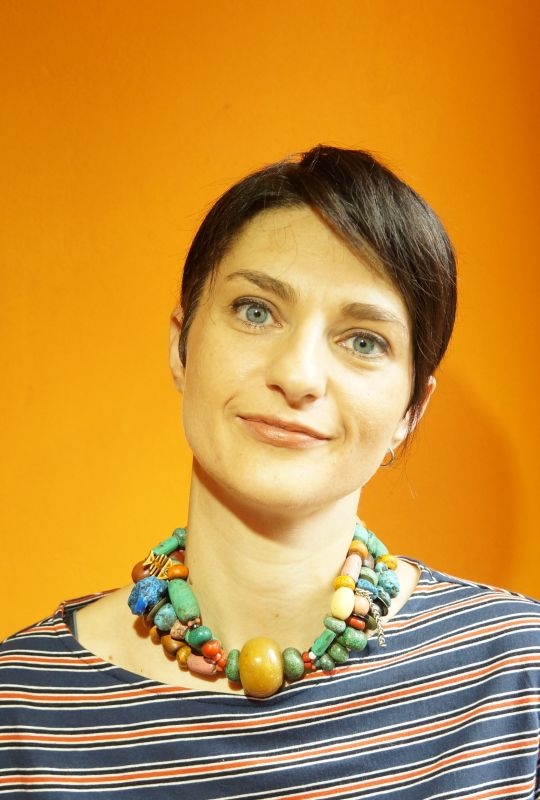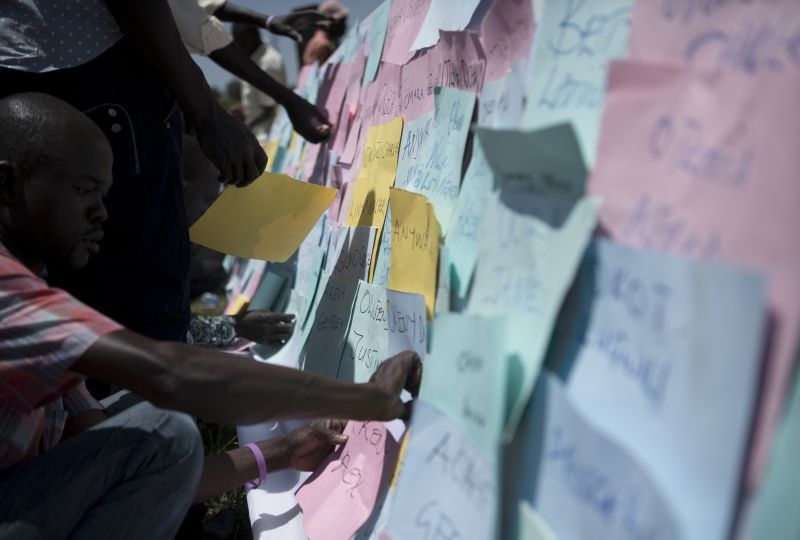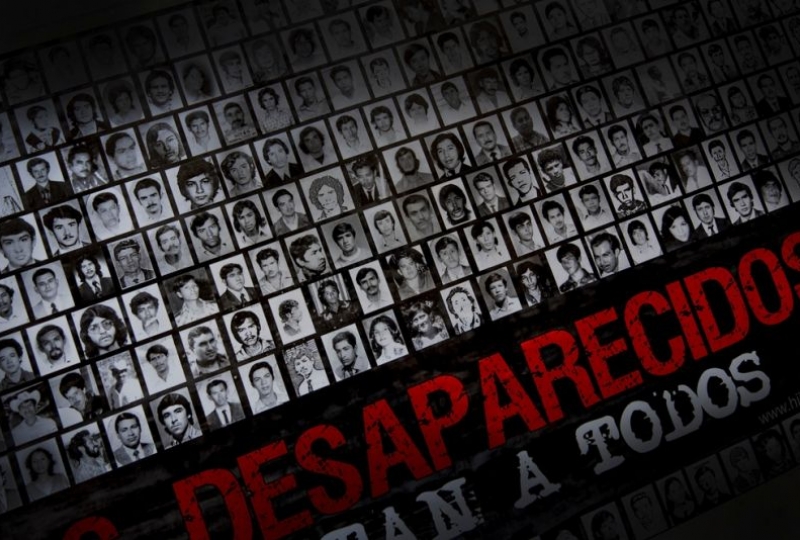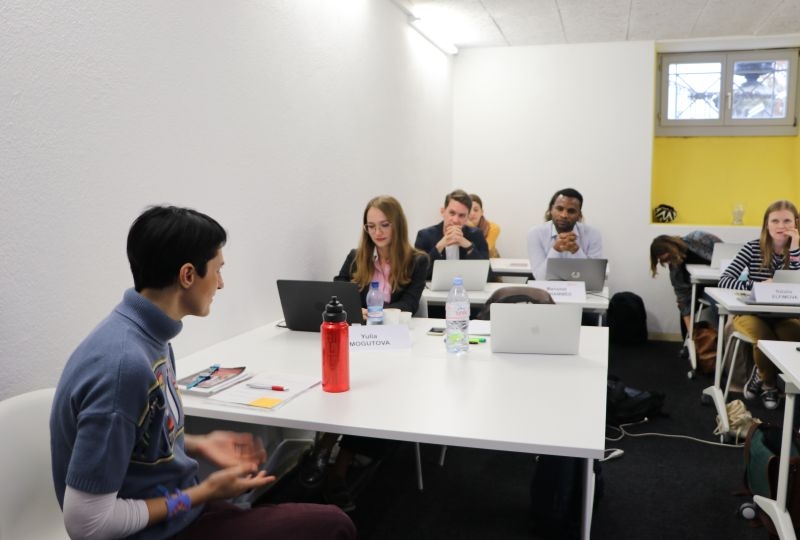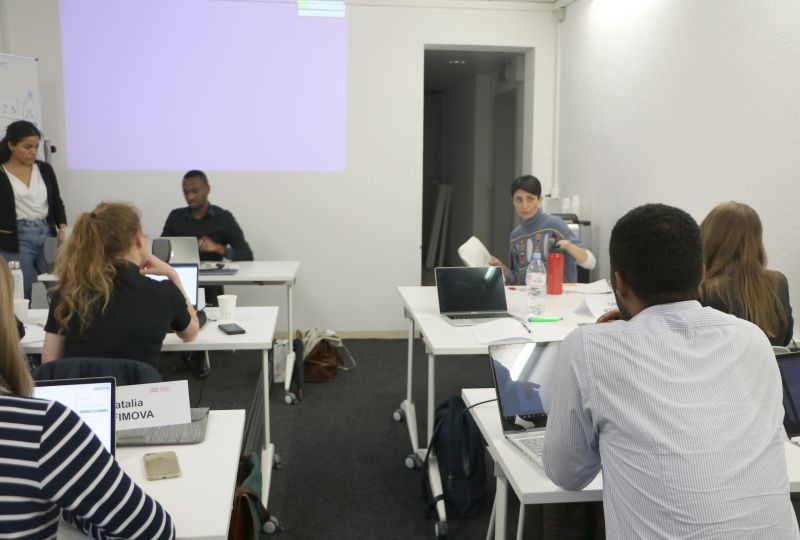15 July 2021
Professor Gabriella Citroni – who is part of our LLM Faculty – has been elected to the United Nations (UN) Working Group on Enforced or Involuntary Disappearances.
Composed of five independent experts, the Working Group assist families in determining the fate or whereabouts of their family members who are reportedly disappeared and acts as a channel of communication between families and governments.
In doing so, this independent body addresses cases of people arrested or abducted by state forces or with the tolerance or acquiescence of state forces whose fate or whereabouts are unknown.Since 2019, the Working Group also deals with violations tantamount to enforced disappearances perpetrated by non-State actors.
The Working Group also carries out country visits, provides advisory services to states upon request and issues reports aimed at clarifying key legal issues related to enforced or involuntary disappearances.
‘Over the past 41 years, the UN Working Group on Enforced or Involuntary Disappearances has greatly contributed to the struggle against the scourge of enforced disappearance. I am now honoured to build on such a valuable legacy and I wish to devote myself to further advancing the cause. Acutely aware of the urgency posed by the issue, I will be guided by the imperative to address without delay the plight of forcibly disappeared persons and their relatives worldwide’ says Professor Gabriela Citroni.


